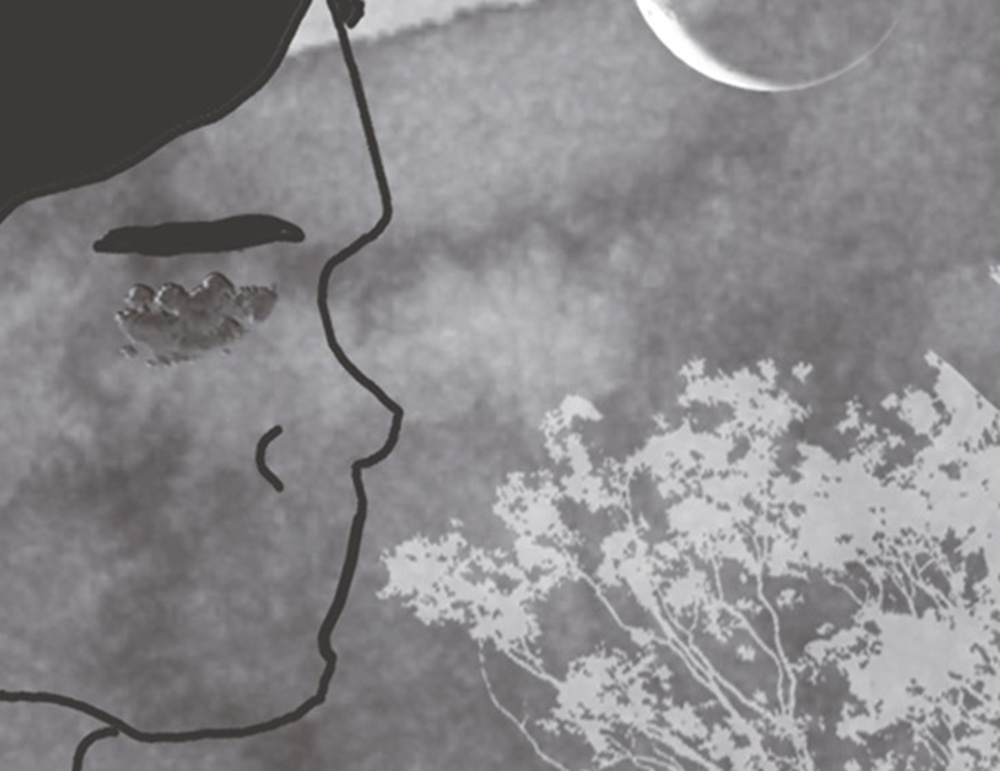
One of the most important figures in libraries and intellectual life today, Elli Droulia—former director of the Library of the Hellenic Parliament—is preparing to present her haiku poetry collection, Indefinite Breaths, at the Lexikopoleio bookstore. On this occasion, the renowned historian and philologist gave an interview to Days of Art in Greece about her favorite Japanese poetic form, Greece’s place in the “Western canon,” and her multifaceted work.
Days of Art in Greece: This coming Thursday, there will be a launch at the Lexikopoleio bookstore for your poetry collection entitled Indefinite Breaths, written in haiku form. Why did you choose this simple and difficult form of writing to express yourself?
From time to time, I try out different forms of thinking, ways of seeing the world, and ways of writing. I prefer the short ones. This may be because I think I am more trained in them, or perhaps because the “exposure” is, or seems to be, smaller. Smaller, more cryptic. In the short forms of aphorisms, maxims, sayings, and epigrams, as well as in mantinades, the subject is not a thought, an image, or a feeling, as is the case with the Japanese haiku genre.
D.A: What is the secret touch of this kind of speech that manages to convey so much wisdom in such a short space of lyrics?
The form of haiku attracted me, a glance in a breath, an indefinite feeling of something specific. It leaves room for personal interpretations, conversing with the poetic lines. With great economy, therefore with precision in the use of words. Not all 69 were written in the same time frame. I selected them in the same moment, arranged them in order, so that they would acquire a conceptual meaning. To be read in one breath. The title contains the word “breaths,” defined by the vague, the faint.
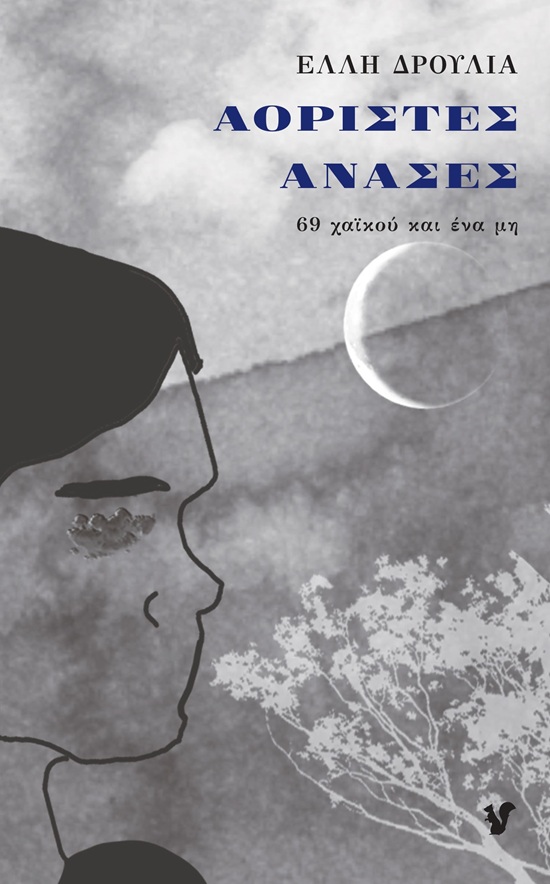
Cover art: Maria-Loukia Mitrakou, Nychaki, 2024
D.A: According to Niall Ferguson, the Japanese people consider themselves Westerners and, having learned lessons from World War II and copied the positive aspects of the West, they are now leaders in all fields, from technology and architecture to fashion and aesthetics. What is your opinion?
It is true. It plays a leading role admirably. After World War II and the indescribable losses it suffered, the Japanese people managed, through the cruelty they themselves had experienced, to emerge in an exemplary manner in all fields, science, literature, and the arts, and all applied and practical fields. While leaving behind older, traditional social structures, it has managed to adapt to the modern world, maintaining and balancing the values that have defined its course through time. It has much to contribute to the present and future of humanity. I am particularly interested in the way it cares for the younger generations and the skills it cultivates.
D.A: You have written other books, Romanos the Digitator of Ravenna and Other Byzantine Tales, The Piano and Other Family Designs, observing everyday life and urban development in the Byzantine period in Ravenna, as well as the recent modern and postmodern era in our country. What are your conclusions?
Romanos the Digitator and other Byzantine narratives are set in the Byzantine era, the Middle Ages. It follows the Byzantine Empire at different points in time, as its duration exceeds a millennium, and in various places it occupied, through the lives of artisans, a psalmist from Constantinople who is active in Ravenna, Italy, a weaver from Alexandria, Egypt, a painter from Crete, and a young nobleman from Thessaloniki who experiences the fall of Constantinople. It attempts to show the mobility and instability of life, but at the same time the power of creation associated with the achievements of the era.
In Piano and Other Family Designs, I draw inspiration from my family, particularly my grandfather’s generation. The book is linked to the history of individuals who played a role in the broader context of the early 20th century.
In both cases, whether as fiction or as real people from family memory, these are stories that belong to microhistory, meaning they are not found in the centers of decision-making. Instead, they suffer the consequences of these decisions and are called upon to take a stand against them, to choose, to live in a context that is changing and taking shape under different conditions.
D.A: Do we really live as citizens on an aging continent?
Aged. But also theoretically more experienced, with many achievements and accumulated knowledge that, ideally, can be put at the service of humanity, for the benefit of humanity, with the values of free speech, justice, and mutual understanding.
In Europe, those who leave their homelands look to the so-called West for a better future.
D.A: What could be argued to be the unchanging value of the Western world in an era of extreme prosperity and a given online world without borders and without limits?
The era of extreme prosperity seems to have come to an end. Resources, resources of all kinds, are not inexhaustible, and their management must be planned for the long term so that they are distributed over time, space, and people with a high sense of justice and “humanity.” .
The online world is a revolution that has begun, and we do not know exactly where it is leading. We can only speculate or imagine. Much has been written about the future that is fast approaching. Of these, many have been verified over time, while others have brought about worse scenarios.
Art in all its forms depicts, illustrates, sensitizes, and warns.
The Western world places Man and his social values at its center. This Man is called upon to respect himself, his fellow human beings, his natural environment, and the environment he himself has created.
D.A: How and when did you become familiar with Japanese culture?
I have always been an avid reader and observer of my surroundings. As a reader, I try to read as many literary genres as possible, with an interest in all cultures, geographical, old and new. I think reading nourishes and comforts me. Japanese culture, the Land of the Rising Sun, the Far East with its vastness that was not clear to me when I was little, places that were exotic to the eyes of a small child, made a big impression on me: my grandmother’s almost transparent tea set, behind the glass of the display case with other precious objects that we were expressly forbidden to touch, only allowed to look at, the paintings of landscapes and different people dressed in beautiful fabrics that accompanied fairy tales and stories, the magical ideograms, the unique and captivating museum of Asian art in Corfu, the world of samurai in cinema, Lafcadio Hearn, translations into Greek…
D.A: The role of the country’s major libraries is to engage in parliamentary and cultural diplomacy…
It is true that libraries, as spaces of applied democracy where access to their resources is open and available to all without exception, are capable of playing complex roles. Familiarity with cultures, the highlighting of similarities and differences, multiculturalism, and the various ways in which people express and organize themselves can be systematically conveyed through libraries. An effort is being made in this direction at the annual book festivals in Frankfurt, Thessaloniki, and elsewhere, where a different country is honored each year.
D.A: How would you view the role of public libraries in the country today in a rapidly growing online environment?
I believe that in the case of libraries, it is important for them to be interconnected so that the “capital” of information and texts can be located accurately and easily. Modern technological tools allow for immediate response and transcend the geographical boundaries of states. Of course, there are also difficulties, risks, and inaccuracies, such as the malicious feeding of the internet with false news, inaccuracies, fabricated news, and falsified texts and their translations, so cooperation, and structured and organized communication are essential prerequisites for safeguarding the validity of internet content, its valid development, and its intended accuracy.
D.A: What is the position of Greek letters in the global scientific community, in a country recently ravaged by crisis, with a language that is not widely recognized?
Although Greek is spoken by a small population, important scientific texts and classics of ancient Greek literature form the basis and infrastructure of global science and literature, with which we are constantly engaged. The Greek alphabet is the ancestor of other writing systems, such as Latin and Cyrillic. Greek elements are also used in mathematics. I think it should be pointed out in every case and made clear that this link in history, in the written word, should not be lost, along with the population that communicates and develops the Greek language.
D.A: Can we be part of the Western literary canon?
Greece is part of Western culture, consuming and producing it.
And when it is said that more books are published than the Greek population can consume, deep down I am happy because it is practice, dialogue between books, authors, and their readers that drives creativity. Together, they create the conditions for the invention of what could be described as a classic work or a masterpiece.
D.A: Is the knowledge economy based in libraries?
The economy is based on people. The more knowledgeable and well-read people are, the more images, sounds, experiences, and imagination they have, the more active, curious, cultured, and “open-minded” they become, and the more critical thinking skills they acquire. They are the ones who take the lead, identify issues, explore solutions, and express opinions. Since libraries are organized reservoirs of information and accumulated knowledge, they offer people the stimuli, information, arguments, and tools for further development.
*We would like to express our sincere gratitude to Ms. Elli Droulia for granting us this interview.
Giannis Loukas, Historian- Journalist

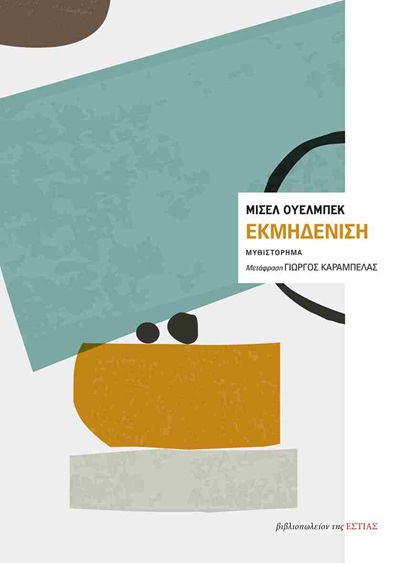
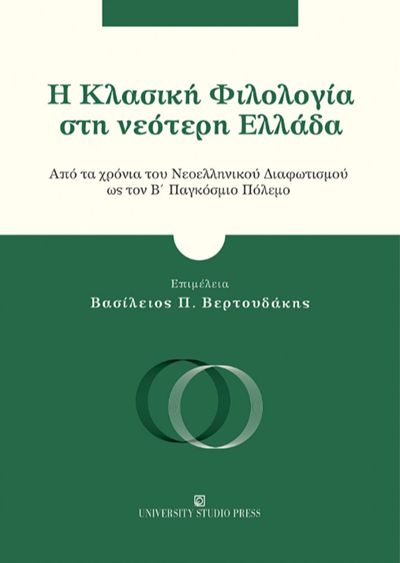
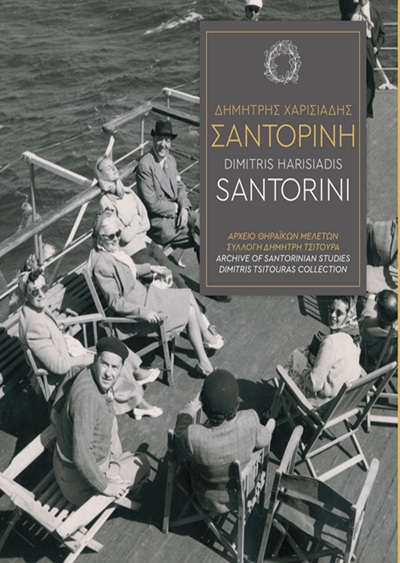
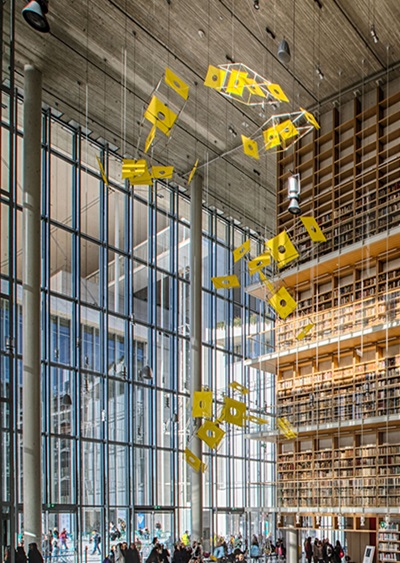


Leave A Comment